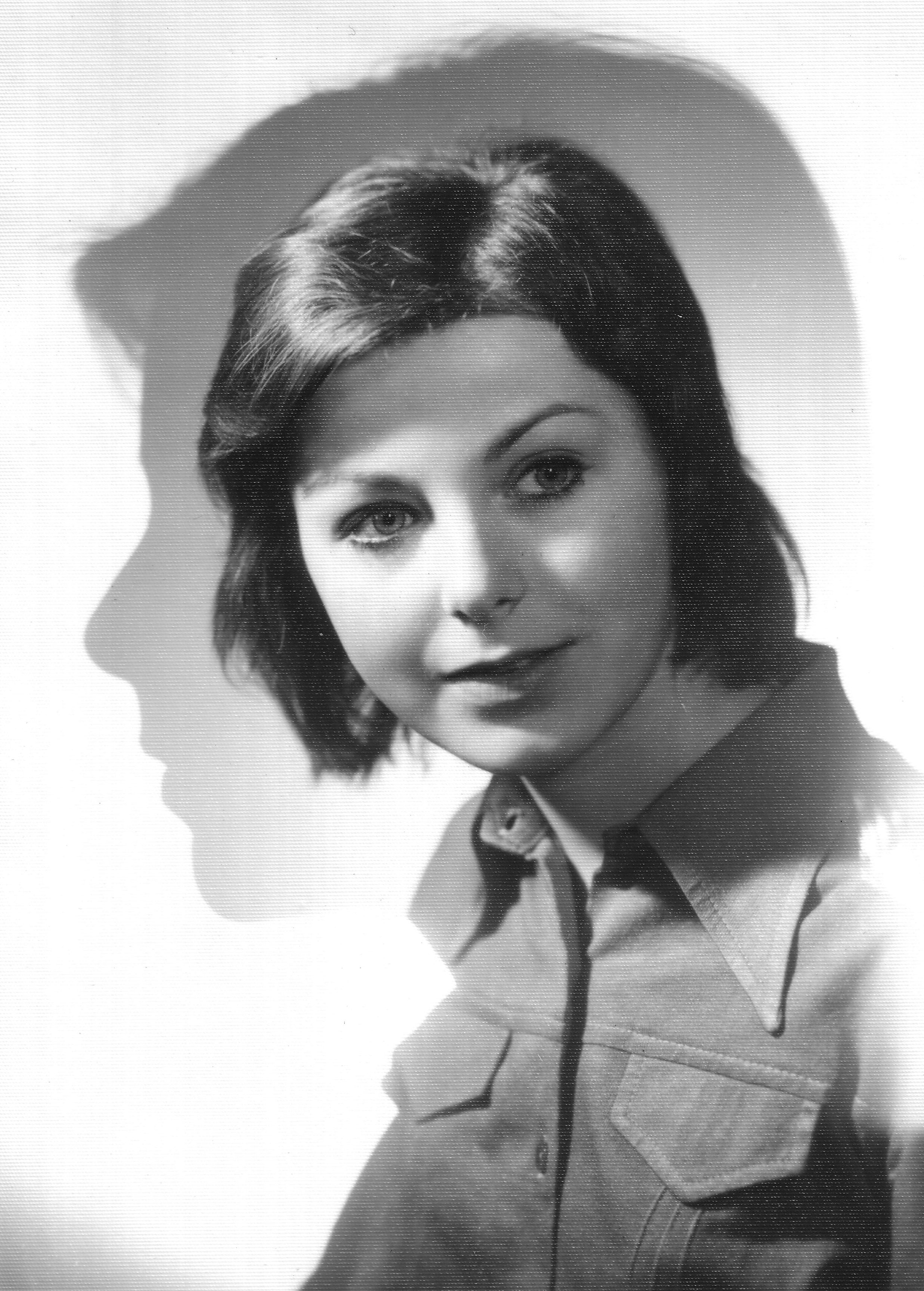Daddy never spoke about my grandfather‘s imprisonment, he just shed tears

Stáhnout obrázek
Alena Dixon was born in Sušice on 18 July 1957 to Karolina Trčková, née Hosnedlová, and Petr Trčka. Her father worked as a school headmaster and her mother was a housewife and cleaned at the school. Grandfather Petr Trčka was the head of the local Czechoslovak Orel unit in Třebsko and an active member of the Czechoslovak People‘s Party and the District Farming Organisation. As the owner of 12 hectares of land, he refused to join the agricultural cooperative (JZD) and was arrested by the StB on 29 August 1952. He was interrogated in the district prison in Příbram and then in Klatovy where he was charged with treason. On 18 June 1953, he was sentenced to death in Karlovy Vary, which was then changed to a life sentence. After years of hard work in the Jáchymov camps, he was released on amnesty on 10 May 1960. Alena Dixon grew up in Jindřichovice and then in Kolinec where she witnessed the occupation by Warsaw Pact troops on 21 August 1968. Having completed a teaching high school in Karlovy Vary, she was not allowed to attend university and went to work in 1976. She was assigned to a special boarding school in Měcholupy, then to Klatovy. She married Jaroslav Soukup in 1981 and they raised two children. In 1982, her husband and friends watched the German rock festival Rockpalast on television, after which the StB raided their home. Following 17 November 1989, Alena Dixon posted Civic Forum posters in Klatovy streets and attended the early meets. She married Englishman Richard Dixon in July 2005. They lived in Portsmouth for eight years. At the time of filming (2024), she was living with her husband in her ancestral home in Kolinec.













































